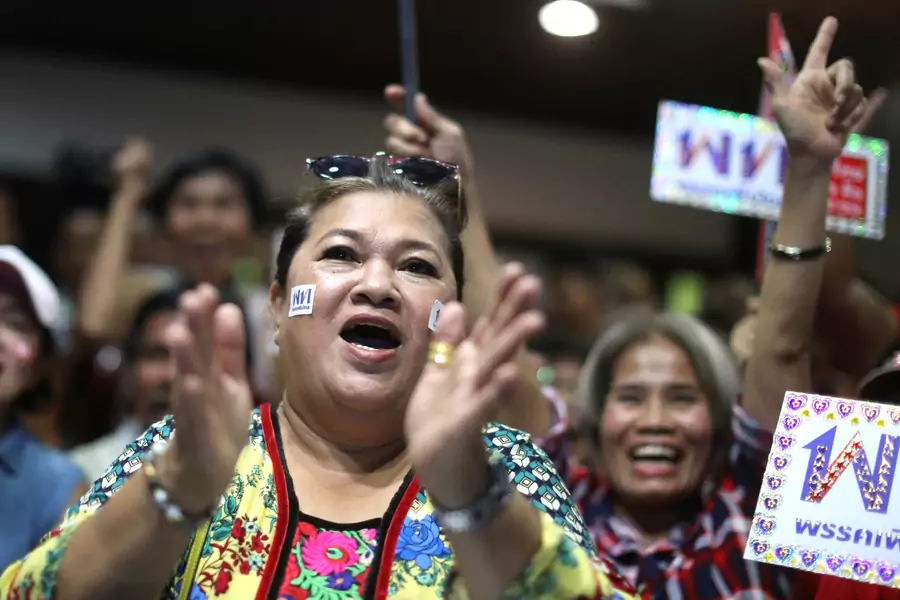Thailand’s Elections Foreshadow a New Divide, But Don’t Heal Old Ones Either

More on:
In Thailand’s elections on March 24, the military’s proxy party, Palang Pracharat, did better than pre-election surveys had indicated. Palang Pracharat appears to have enough seats combined in the elected lower house and the unelected upper house, which is stacked with pro-junta allies, to likely ensure that Prayuth Chan-ocha, who has led a junta government since 2014, will become prime minister again. And the election, despite the unfair run-up to Election Day, relatively low turnout, and obstacles placed in the way of anti-junta parties, did offer some indications of Thailand’s future politics. For more on the meaning of Thailand’s national elections, see my new World Politics Review column.
More on:
 Online Store
Online Store